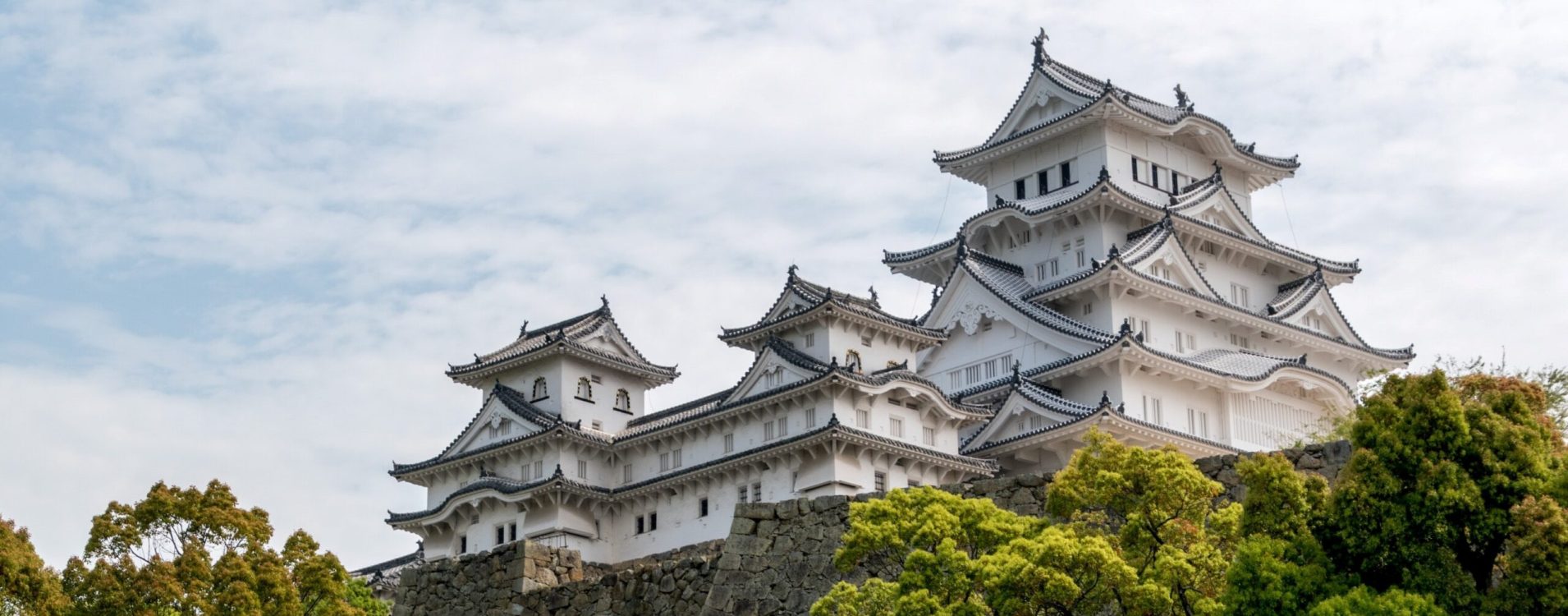
Prakash Kumar

Biography:
Prakash Kumar is Associate Professor of History and Asian Studies at Penn State. He received his Ph.D. from Georgia Institute of Technology in 2004. He spent two years as a postdoc at Yale University’s History Department, followed by a tenure at Colorado State University and joined Penn State in 2014.
Kumar specializes in the fields of South Asian history and history of science, technology, and public health. His scholarship interrogates the nature of development and modernization in agricultural and rural societies on the one hand and in domains of disease and public health on the other hand, at the nexus of relationships between South Asia and the world. His first book, Indigo Plantations and Science in Colonial India (New York: Cambridge University Press, 2012), narrates a global history of plant indigo that captured the unique moment of 1899 when a cheaper and purer synthetic indigo produced in the factories first challenged agricultural indigo produced through an agricultural system. The book explores flows of knowledge and skill among global plantation systems and the contingent impact of colonial labor and anticolonial, nationalist movement on the efforts to improve agricultural indigo.
His second book project (completed), A History of the Green Revolution in India, unpacks the nation’s embrace of a practice of productive agriculture around high yielding variety seeds (or HYVs) in 1964-66 that were developed by Rockefeller’s breeders. Kumar places this history in the regional context of north India’s flood plains that were subjected to successive efforts to build productivity since the colonial times. The book pits agroecology and developmentalism in mutuality in these regions amidst efforts made by the sovereign state to seek self-sufficiency and build food security. The narrative analyzes colonial era science for crop development, post-colonial efforts to build productive communities, clearing of Himalayan Tarai and their settlement with refugees post-partition, and the effort to connect peasant proprietors to the market. These efforts in building an efficacious agriculture also erased alternate visions and livelihoods, as they prepared the groundwork for the arrival of HYVs.
Kumar’s current research, tentatively titled, Healthy Bodies, interrogates the multiple and varied historical “constructs” of disease as threatening the very existence of state and society in colonial and postcolonial India. These constructs opened the way for states, American foundations, and global actors to act on the bodies of subjects and citizens. He has now worked for 3 years on this project, assembling archives from colonial records, American foundations, and institutional papers in India and abroad. This third book is developing as a case study of state and community efforts around four diseases and the associated population control measures.
Recent Publications:
“ICRISAT: US-India Entanglements and Post-colonial Imaginings in India,” In Helen Anne Curry and Timothy Lorek, (eds.), Research as Development: Historical Perspectives on Agricultural Science and International Aid in the CGIAR Era. Cambridge, UK: Cambridge University Press, forthcoming.
“Introduction: Seeds and the History of Science,” Isis, Vol. 113, 3 (September 2022): 581-87.
“The Development of Uttar Pradesh Agricultural University,” In Harald Fischer-Tine & Nico Slate (eds). The United States and South Asia from the Age of Empire to Decolonization: A History of Entanglements, Leiden: Leiden University Press, 2022, pp, 215-33.
“American Modernizers and the Cow Question in Colonial and Nationalist India,” South Asia: Journal of South Asian Studies, Vol. 44, No. 1 (2021): 185-200.
“ “Modernization” and Agrarian Development in India, 1912-52,” Journal of Asian Studies, Vol. 79, No. 3 (August) 2020: 633-658.
“Agricultural History and Agrarian Studies,” Agricultural History, Vol. 93, No. 4 (Fall 2019): 716-717.
“Introduction,” Technology and Culture, Special Issue on South Asia, Vol. 60, No. 4 (October 2019): 933-952.
“A Big Machine Not Working Properly”: Elite Narratives of India’s Community Projects, 1952-58” – Technology and Culture, Special Issue on South Asia, Vol. 60, No. 4 (October 2019): 1027-58.
“Modalities of Modernization: American Technic in Colonial and Postcolonial India,” In How Knowledge Moves: Writing the Transnational History of Science and Technology, edited by John Krige, 120-148. University of Chicago Press, 2019.
“Decolonizing Science in Asia,” Verge, 4, No. 1 (2018): 24-43. (co-author)
“Roundtable: New Narratives of the Green Revolution,” Agricultural History, 91 No. 3 (Summer 2017): 397-422. (co-author)
“Plantation Indigo and Synthetic Indigo: Redefinition of a Colonial Commodity,” Comparative Studies in Society and History 58: 2 (April 2016): 407-31.
“GENEALOGIES – Connecting Spaces in Historical Studies of the Global,” in Hilary Kahn (ed.), Framing the Global: Entry Points for Research, Bloomington: Indiana University Press, 2014, pp, 97-111.
“Transnational Knowledge and Colonial Indigo Plantations in South Asia,” Modern Asian Studies, 48 No. 3 (2014): 720-53.
Indigo Plantations and Science in Colonial India, New York: Cambridge University Press, 2012.
“Plantation Science: Improving Natural Indigo in Colonial India, 1860-1913,” Winning entry, Special Commendation, Singer Prize, British Journal for the History of Science, 40: 4 (December, 2007): 537-565.
“Scientific Experiments in British India: Indigo Planters, Scientists, and the State, 1890-1930,” in Indian Economic and Social History Review, 38:3 (June-September, 2001): 249-270.
Awards and Services:
| Awards and Service | |
|---|---|
| Chair, Committee on Meetings and Programs, History of Science Society | 2023-2025 |
| Ivan Allen College Distinguished Alumni Award | 2021 |
| Fulbright US Scholar to India | 2021-2022 |
| Researcher Appreciation Award, College of the Liberal Arts, Penn State | 2021 |
| American Historical Association, Jerry Bentley Prize Committee | 2017-2020 |
| Society for the History of Technology, Editorial Committee | 2019-2023 |
| Agricultural History Society, Program Committee, 100th Annual Meeting | 2019 |
| Researcher Appreciation Award, College of the Liberal Arts, Penn State | 2018 |
| German Historical Institute Fellow | 2018-2019 |
| Scholars Award, National Science Foundation | 2017-18 |
| Humanities without Walls Grant, University of Illinois | 2014 |
| Framing the Global Fellowship, Indiana University | 2011-2015 |
| Scholars Award, National Science Foundation | 2008-09 |
